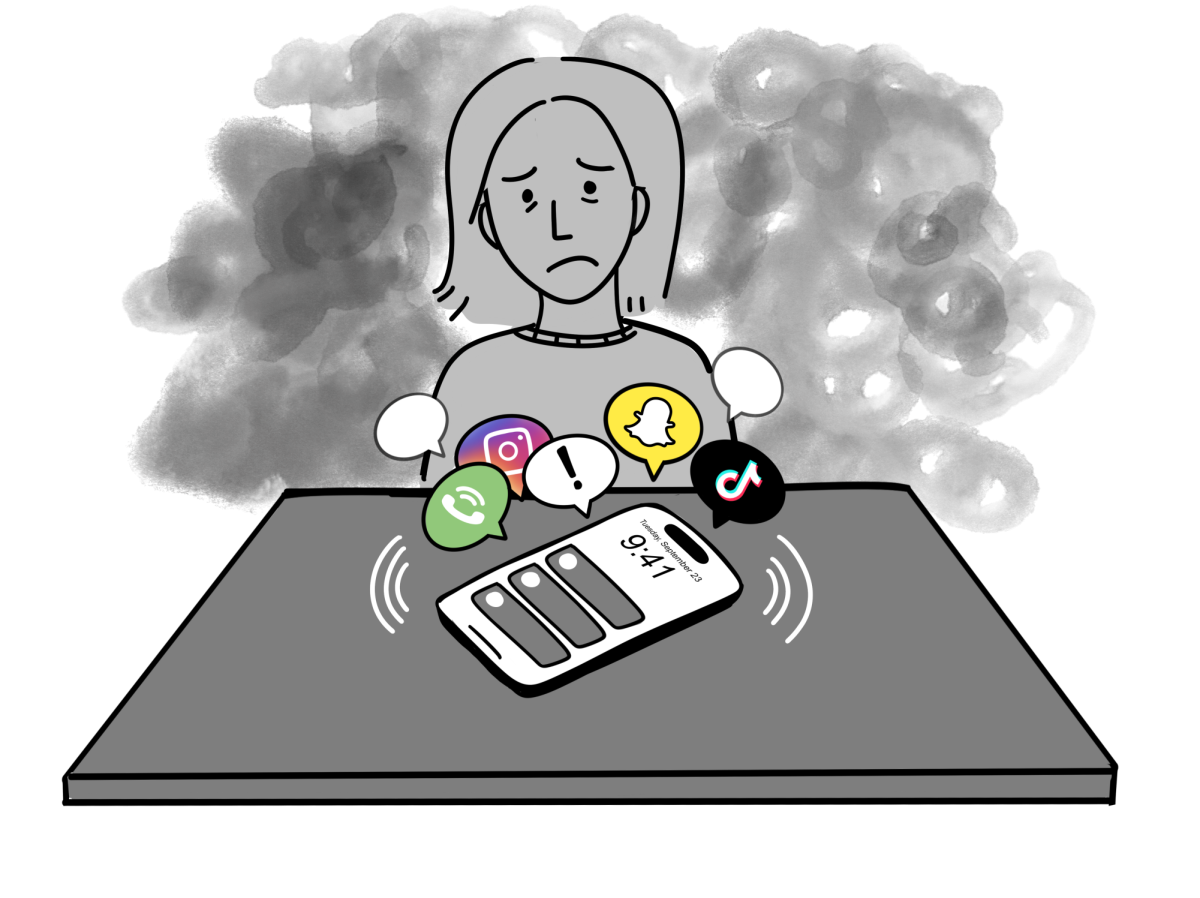In the last few months, the role of artificial intelligence(AI) in academics has become an increasingly important issue—from college campuses to LM itself. As the quality and utility of ChatGPT, Bard, and other such programs is fiercely contested, it’s clear that the ramifications of these technologies will be enormous. Proponents of these systems paint an idyllic future, where the fruits of AI and other inventions will help build a better world for all. But from what I’ve seen, the abilities of ChatGPT and other tools are far from revolutionary, with any lasting consequences these programs do have being more insidious than inspiring.
Before any meaningful discussion of its implementation can take place, it’s important to recognize the abilities and limitations of the programs at hand. While I’m confident that various applications for it will be discovered in the coming years, the current state of AI seems to be centered around lackluster versatility. Yes, you can use ChatGPT to write an essay, to research a topic, or perform any of a seemingly endless array of tasks. Insert whatever input you’d like and it will dutifully provide a response. But a closer look reveals the rot beneath the varnish. While its writing isn’t glaringly awful by any means, the content provided is woven through a dull, lifeless prose and any such content that is provided is frequently lacking in any sort of informational value. At best, you’re presented with a general overview of the topic at hand. At worst, large portions of the response will be fictitious in nature, as the program is more intent on producing content that sounds right than what is right. In fact, research from the organization Newsguard found that 82% the system will expound on an ontologically false question; e.g., explaining in detail how the earth is flat.
It’s a technology even more hapless for any task requiring a hint of creativity. Since the program is synthesizing countless databases into an average, any response provided is similarly average. Don’t expect writers or artists to be replaced anytime soon by what’s essentially a prolific exponent of mediocrity.
I suppose it’s only fair to allow a proper defense. After asking ChatGPT about the role of AI in education, it replies as follows: “As an AI language model, I believe ChatGPT has the potential to play a valuable role in academic environments in several ways.” It goes on to cite a number of points, ranging from acting as a “learning aid,” to its role in research assistance. But it’s simply naive to pretend the role of AI is going to be relegated to these fields alone. Recent studies have found that nearly a third of students in universities have admitted to using ChatGPT and similar tools to do their assignments. Frankly, I wouldn’t be surprised if a portion of the college admissions essays have been partially, if not entirely created through AI. While there may be some uses for AI as an auxiliary tool in writing, AI itself is antithetical to the very purpose of writing. Instead of inscribing any of your own thoughts or ideas, you’re simply regurgitating the watered-down thoughts of someone better. Though if you’re using AI to write your essays, it’s probably not much worse than whatever you would have written on your own.
It would be foolish to deny the capacity for AI to grow and evolve in the coming years. But as of right now, the direct implementation of ChatGPT in any sort of academic setting is short-sighted idealism.





